It is not always clear to a foreigner, especially from Europe, how to buy real estate in Bali. The island’s unique market dynamics, coupled with legal intricacies, can make the process seem daunting. However, acquiring property in Bali is a rewarding investment if you understand the steps involved. In this guide, we'll walk you through everything you need to know to successfully buy real estate in Bali, from market insights and legal requirements to capital gains.
Get Familiar with Real Estate Market in Bali
The Bali real estate market has experienced robust growth in recent years due to the combination of increasing tourism, a thriving expatriate community, and a high demand for luxury and affordable properties alike. The demand for properties in Bali exceeds the supply, reflecting a market dynamic wherein real estate units often sell within two to three months.
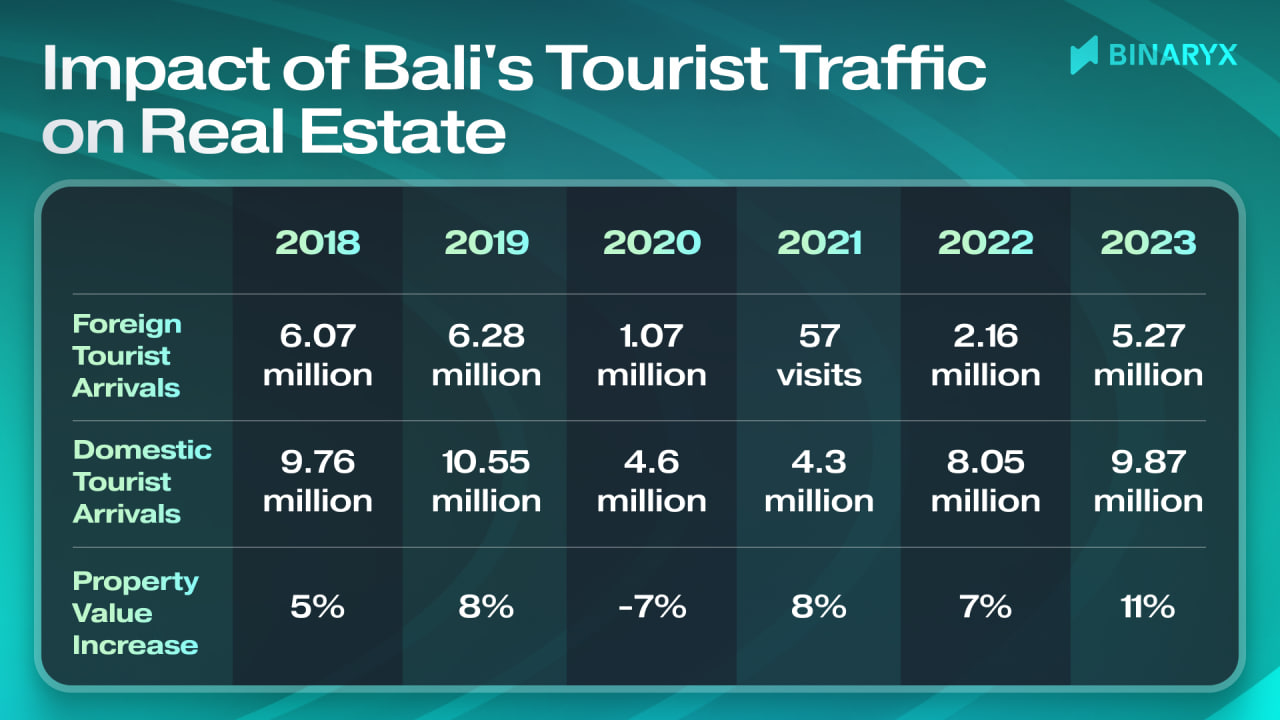
In 2023, the annual demand for residential real estate reached over 300,000 square meters against the annual supply of only 170,000 square meters. This shortage, coupled with the stable year-round climate of Bali, makes investment in property very attractive. The ADR of five-star oceanfront hotels in Bali is the highest in Southeast Asia, at approximately $600 per night, which contributes towards a very impressive ROI with regards to a rental property. It is quite common to receive an annual ROI of 15% with short-term rentals, far exceeding other markets' usual 5% to 10%.
Tourism plays the most significant role in Bali's real estate market, as the island attracts millions of visitors each year. Since the removal of COVID restrictions, Bali has welcomed 5.27 million international tourists in 2023 alone. This influx has caused an 11% increase in property values in the very same year. It is not difficult to understand why Bali, with its strategic location and well-developed infrastructure, is a haven for both digital nomads and investors. For a more detailed exploration, check out our article, “Bali: Is It the Best Place to Live and Invest in Real Estate?”
Pick Location that Suits You
Considering buying a property in Bali, remember that the island offers a diversity of locations, each with its own unique appeal. From the party scene and surf-friendly beaches of Kuta, Bali's busy tourist hub, to the culturally rich, serene town of Ubud, enveloped in green and rice paddies, there is a spot for every kind of investor. Whether you are looking for a high-return rental property, a calm holiday home, or a long-term residence for living, Bali has plenty to offer.
Investors looking for high short-term rental returns may find areas such as Seminyak and Canggu appealing, since they are near top-rated amenities and beaches and full of expats. On the other hand, if serenity and nature are priorities, then Ubud or Lovina will be more suitable for quiet surroundings with potential for wellness retreats or luxury villas. Understanding the different local characteristics will give you a clear view of where to invest in Bali real estate.
Choose Property Type
You will find four types of real estate available in Bali: villas, apartments, land, and commercial spaces. Villas are for those Bali investors who target high returns from rentals, particularly in areas with a lot of tourist traffic. They offer privacy, luxury, and proximity to the many attractions on the island, making them very suitable for short-term rentals. However, they usually require a large upfront investment and ongoing maintenance.
Apartments are more affordable, which makes them very attractive to long-term residents and holidaymakers. They become much easier to handle and are generally located in busy areas, so they have a better chance of attracting steady rental income. Buying land in Bali allows for custom development and long-term appreciation, but it is hardly achieved for foreign investors due to the complications involved in adhering to the intricacies of the local land ownership laws. Commercial spaces, such as shops or cafes, are ideal for those looking to tap into Bali’s thriving tourism industry and get the highest returns, though they demand a solid understanding of the local business environment.
Define Legal Structure
Navigating the legal aspects of purchasing property in Bali is crucial, especially for foreign investors. The three basic legal structures for ownership are Freehold (Hak Milik), Leasehold (Hak Sewa), and Right to Use (Hak Pakai). Freehold (Hak Milik) grants full ownership rights, including the ability to sell or pass on the property. It is the most desirable form of ownership but is reserved exclusively for Indonesian citizens. So, as a foreigner, you cannot directly own property and should consider other options.
For foreign investors, Leasehold (Hak Sewa) and Right to Use (Hak Pakai) are the most viable options. And while it may seem that way at first glance, it's not the same thing. Leasehold (Hak Sewa) is a notary contract between the foreign investor and the property owner, where the ownership certificate remains with the owner but is marked to indicate the property is leased. This agreement typically lasts for 25-30 years and can be extended, but it doesn’t provide ownership rights beyond the lease terms.
In contrast, Right to Use (Hak Pakai) is an official certificate issued by the land offices, applicable to Freehold (Hak Milik) or state-owned properties. Right to Use structure allows foreigners to use the property for up to 30 years, with the possibility of renewal, and involves a formal title modification, offering a more secure and legally recognized standing compared to Leasehold. However, Hak Pakai is for those actually living in Bali.
Perform Due Diligence
Thorough research and verification can save you from legal and financial headaches in the future. The first step in due diligence is to verify the property title and ensure it is clear of any encumbrances or disputes. Check the ownership history and confirm that the seller has the legal right to sell the property. It's also crucial to verify the credibility of the seller or developer to avoid fraud. Advise with reputable real estate agents and experienced legal advisors who understand Bali’s property laws and can help mitigate these risks and navigate the complexities of the transaction.
Another critical aspect of due diligence is understanding the zoning area of the property. Bali, like the rest of Indonesia, classifies land into different zones with specific restrictions and allowances. For example, the green zone is designated for agriculture, the yellow zone for residential purposes, the pink zone for tourist-related activities, and the red zone for cmmercial developments. Ensure that the property you are interested in is zoned appropriately for your intended use. Building in the wrong zone can lead to legal issues or even the demolition of unauthorized structures. Although there are sometimes derogations, relying on these exceptions without proper verification can be risky.

Apply for Licenses
Before purchasing property in Bali, you should obtain the necessary licenses and permits. Foreigners can legally own property in Bali by setting up a company, usually a PMA (Penanaman Modal Asing), which allows the property to be held under the company’s name. This structure not only secures the property against any claims from the seller post-transaction but also provides tax advantages and a clear legal standing for income generation from the property. The process of establishing a PMA can take several weeks and involves registering the company with the Indonesian Investment Coordinating Board (BKPM).
In addition to the company setup, you may require specific licenses for the property itself, if you plan to construct or modify buildings. In Indonesia, there are two permits you must get if you consider building: a PBG (Persetujuan Bangunan Gedung) building permit, which authorizes construction, and SLF (Sertifikat Laik Fungsi), which certifies the building’s functionality and safety. It’s important to note that only licensed architects in Indonesia can apply for these permits, so if you hire an international architect, they will need to collaborate with a local professional. The costs for these permits vary depending on the size and scope of the project, and obtaining them can take a few months, so planning ahead is crucial.
Furthermore, building restrictions in certain areas of Bali can limit construction height to three or four floors, and you require special authorizations for taller structures. To navigate these restrictions and ensure compliance, it’s better to consult with a local expert who can guide you through the permitting process and help avoid potential legal issues.
Buy a Property
Once you are done with preparations, you can now move on to finalizing the purchase agreement with a clear, legally binding contract. The purchase agreement should detail all key elements, such as the agreed purchase price, payment terms, and the timeline for completing the transaction. It’s better to involve a notary in this process, as they will oversee the legality of the transaction and ensure that all necessary documents are in order.
The next critical step is the ownership transfer. If you’re a foreigner and purchase the property under a company name, this step will include registering the property under your company. Ensure that all required documentation, such as the deed of sale and proof of payment, is properly handled to avoid any future disputes. The notary will also ensure that the title is correctly registered with the local land office, finalizing your legal ownership.
When it comes to payment, it’s important to note that most property transactions in Bali require an upfront payment. If you need a loan, it would be challenging for you as a foreigner to secure it. While some Indonesian banks might discuss financing options if you already own a property in the country, they typically will not offer loans or mortgages for leasehold agreements since these do not constitute full ownership. For first-time buyers, obtaining a loan in your home country may be a more feasible option. Additionally, be prepared to meet any tax obligations associated with the purchase, including property tax and potential income tax if you plan to rent out the property.
Rent Out Your Property
At last, the long-awaited moment has arrived—you’re now the proud owner of a stunning property in Bali! But is the journey really over? Well, yes... and no. Foreigners are not allowed to rent out properties on platforms like Airbnb under their personal names in Indonesia. The common workaround has always been to partner with a management company, which operates under their business license and handles the rental income in exchange for a percentage fee. While this method is widely used, it is not entirely legal and can be tax-inefficient, as non-resident taxes are as high as 20%.
The more secure and legally compliant approach is to establish your own company and apply for the appropriate license. If your property exceeds 4000 square meters, you would need to apply for a hotel license. For smaller properties, a Vila license is more appropriate and allows you to manage them legally.
Consider Alternative Ways of Investing in Bali Real Estate
As you might have noticed, buying real estate in Bali is quite a complicated and long process. And if you don't want to go through these circles of hell, there is an alternative. The Binaryx Platform offers a modern and accessible way to invest in Bali’s booming property market through fractional investing. This approach allows you to own a share of high-potential properties without the need for significant upfront capital, legal hurdles, or extensive management responsibilities.
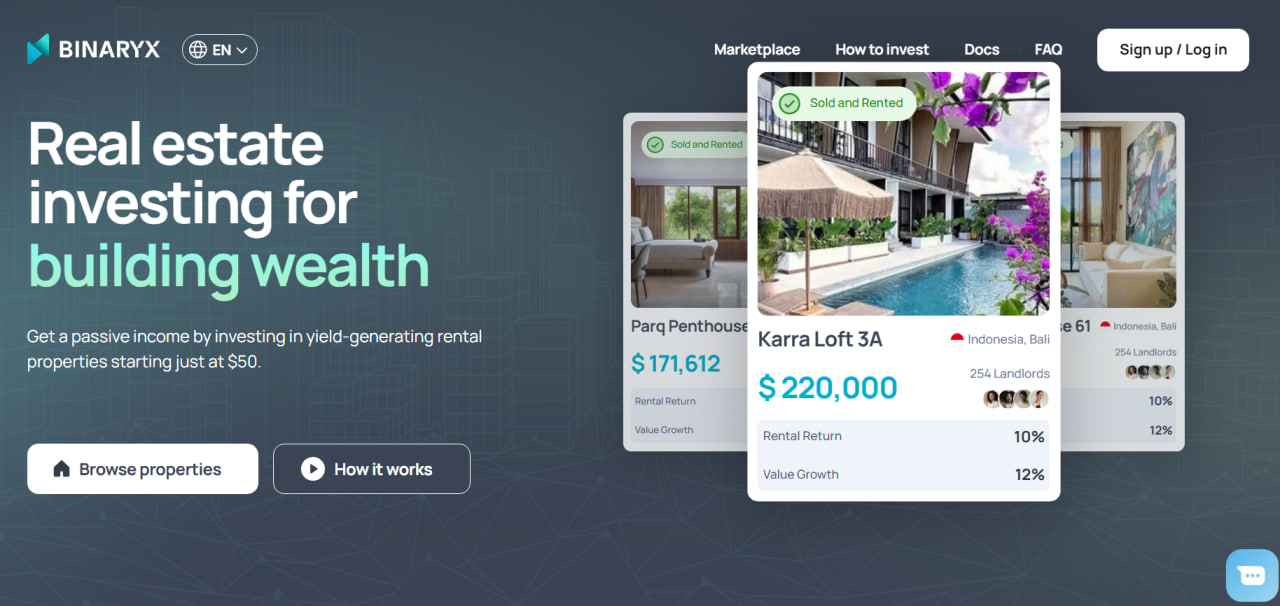
Let’s explore a case study to see how fractional investing works in practice. Suppose you have $15,000 to invest, which might be too little for traditional real estate investment in Bali. Through the Binaryx Platform, you can diversify this amount across three different projects. Let’s assume you decide to allocate $5,000 to each of the following properties: two rental villas and one construction investment in Bali.
- Rental Villa №1: This property offers an annual percentage rate (APR) of 16.3%. Over five years, your $5,000 investment could generate $4,075 in rental income, bringing your total returns from this property to $9,075.
- Rental Villa №2: The second villa offers a slightly lower APR of 10.5%. Over the same five-year period, your $5,000 investment could yield $2,625 in rental income, resulting in total returns of $7,625 from this property.
- Construction Investment: The third project involves a construction investment with an initial return of 17% over 11 months. This would bring you $850 in initial returns. Once the construction is completed, the property is converted into a rental with a 15% APR. Over the next four years, this could generate an additional $3,000 in rental income. Combined with the initial return, your total return from this investment could reach $8,850.
In total, your $15,000 investment could grow to $25,550 over five years, representing a 70.3% overall ROI. By spreading your investment across different property types and leveraging fractional ownership, the Binaryx Platform allows you to participate in Bali's thriving real estate market with less risk and a more manageable entry point. This case study illustrates how it works, but you may find out yourself on the Binaryx Platform.

Conclusion
Investing in Bali real estate can be a highly rewarding endeavor, offering the potential for significant returns in one of the world’s most desirable locations. However, the process is complex and requires careful navigation of legal structures, due diligence, and licensing requirements. Whether you're purchasing a property to rent out or considering alternative methods like fractional investing, understanding the market dynamics and legal landscape is crucial to maximizing your investment. For those looking for a more streamlined and accessible option, platforms like Binaryx offer a modern solution to investing in Bali's thriving property market, providing opportunities for growth without the traditional barriers.
Articles you may be interested in



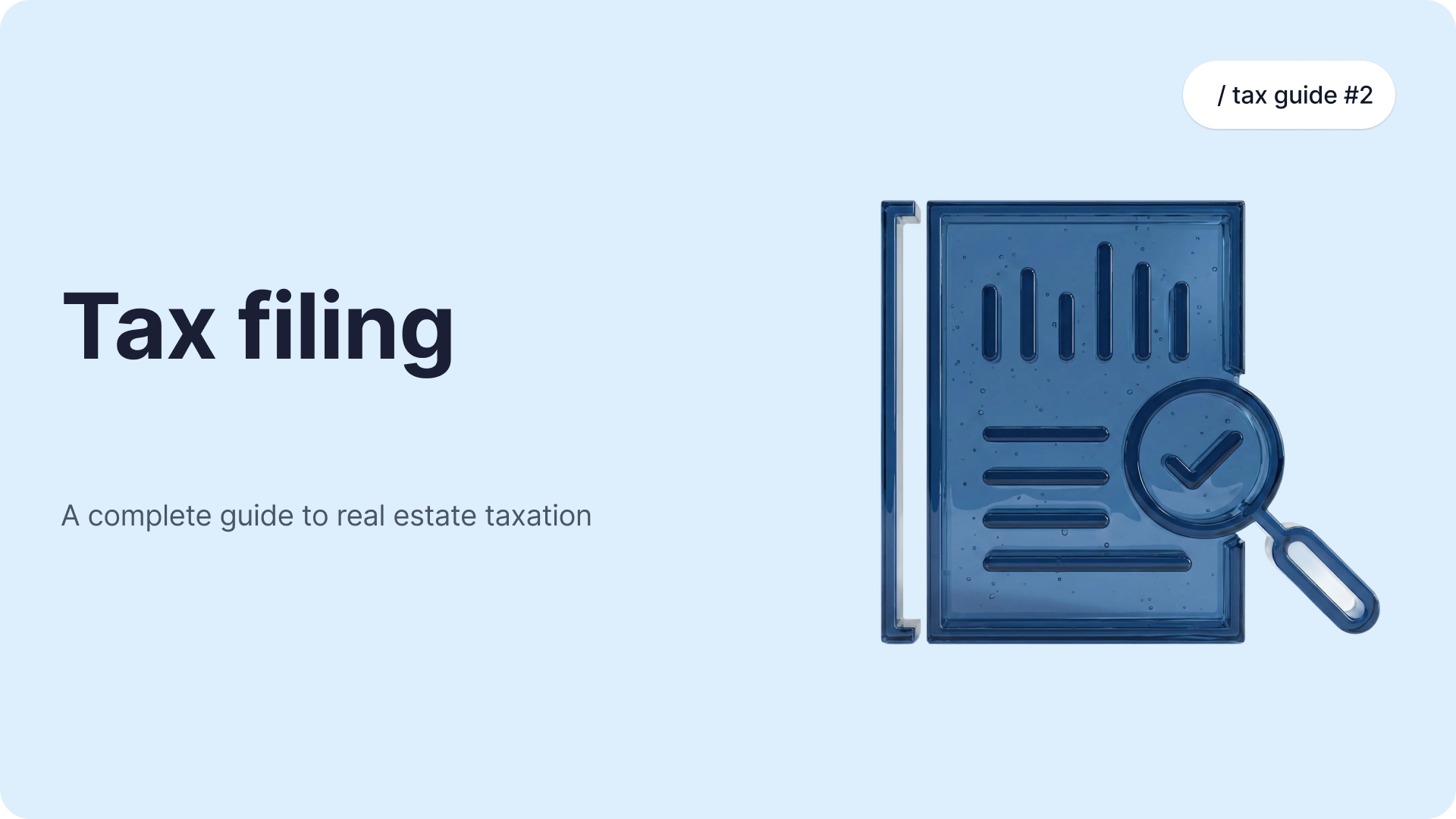
.png)


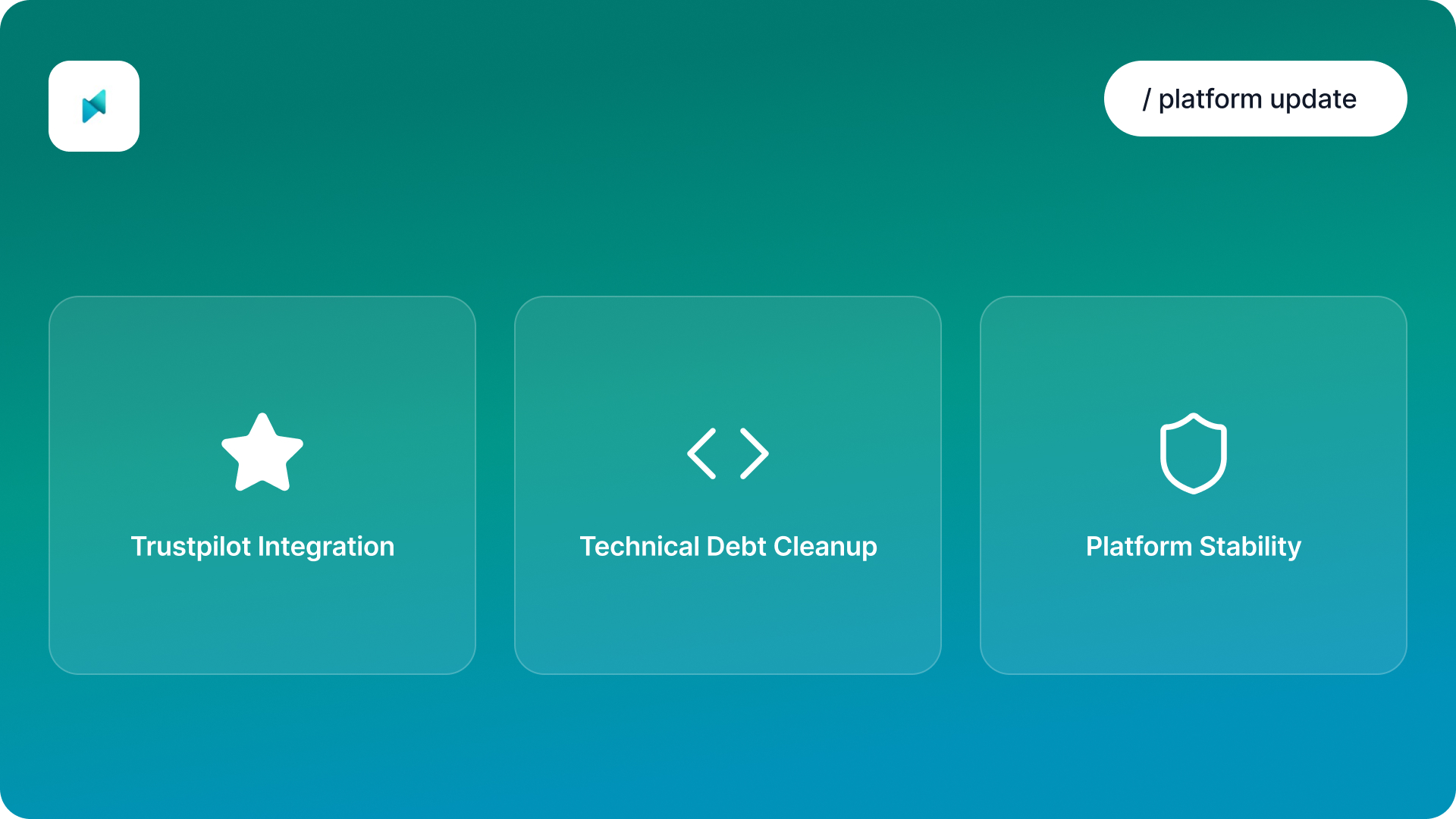
.png)

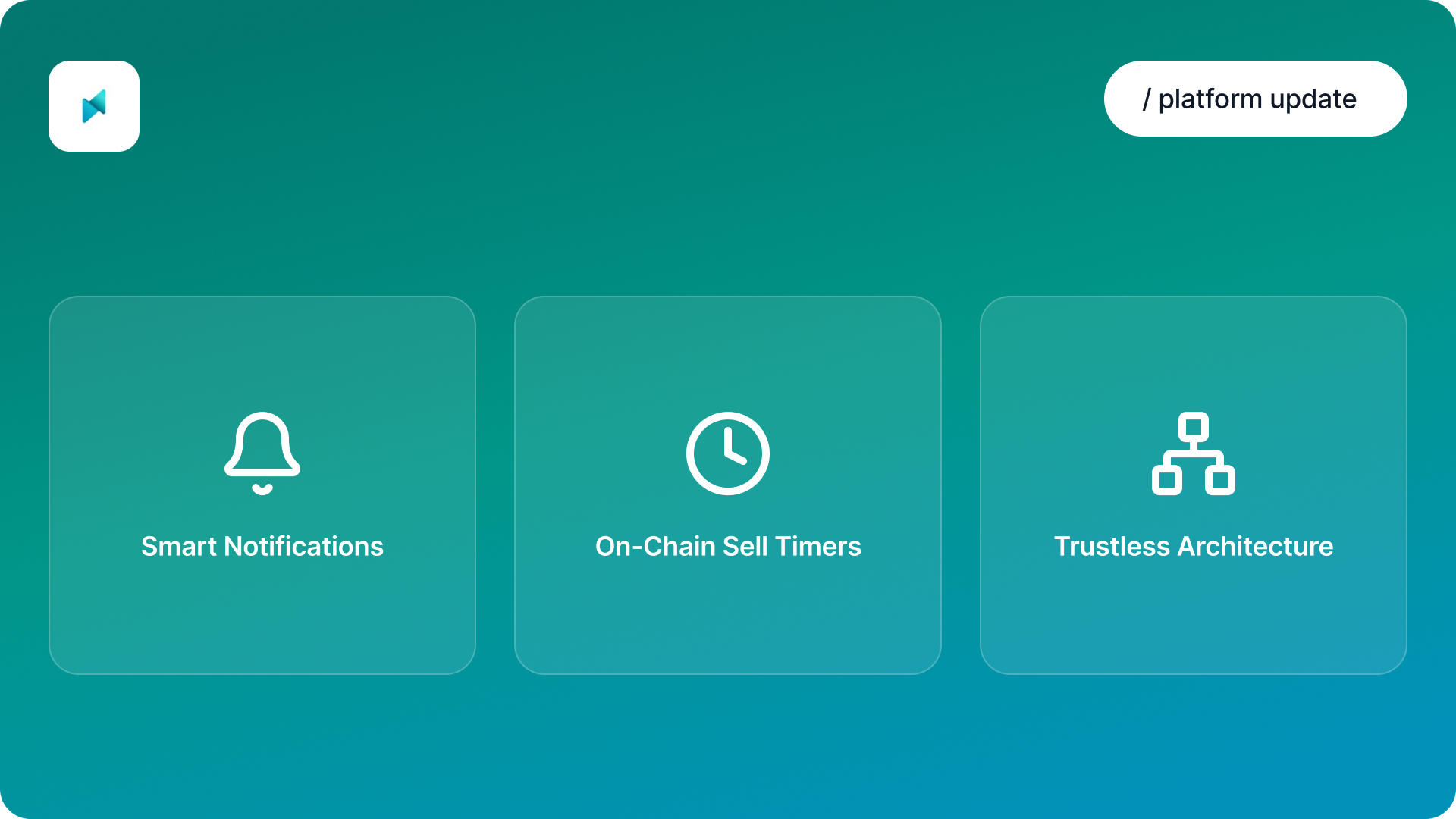

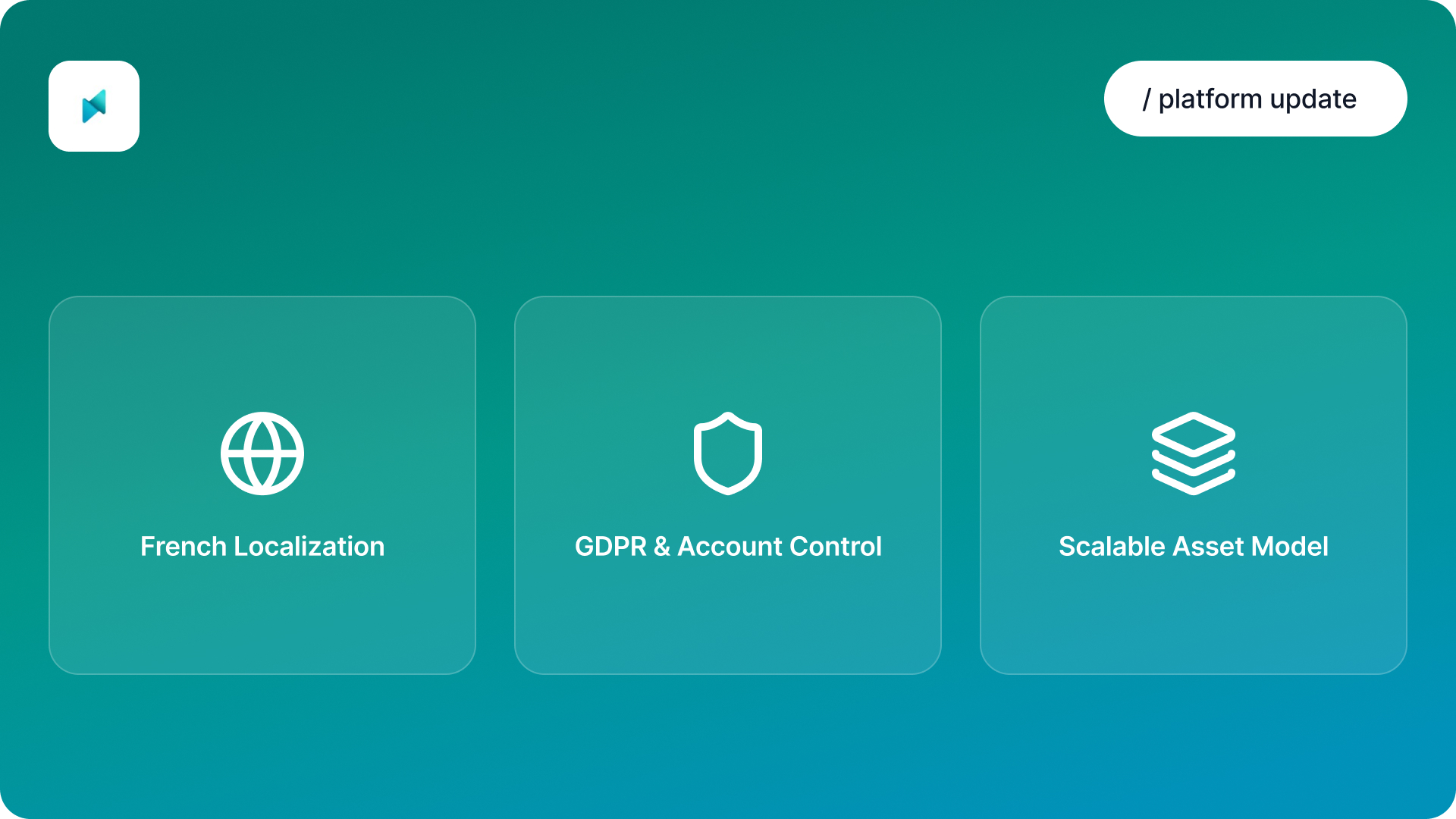
.jpeg)
.webp)